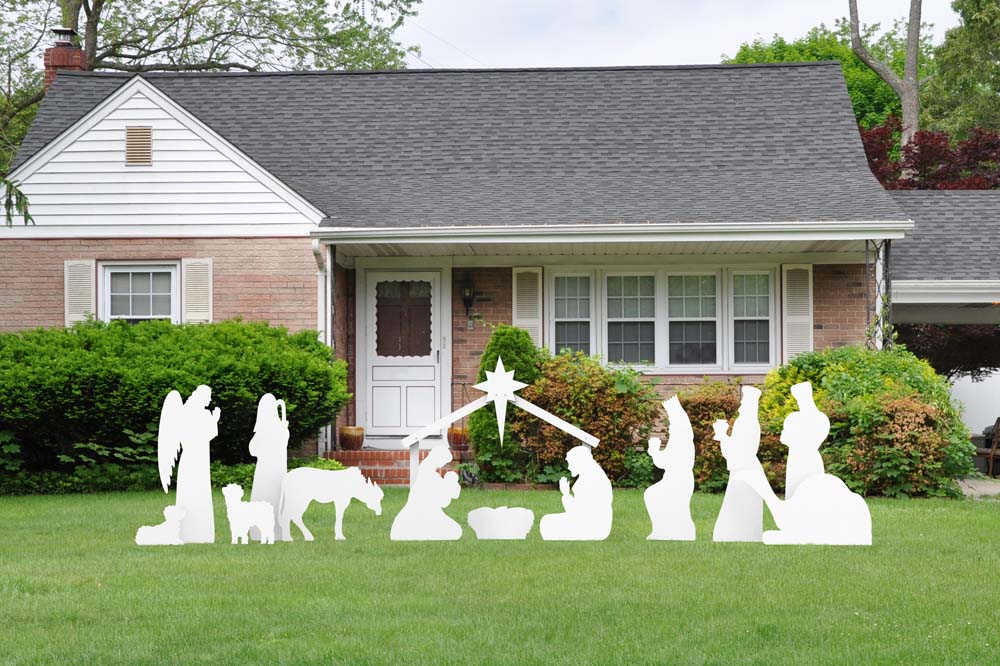How Senior Citizens Can Beat the Holiday Blues

The weeks between Thanksgiving and New Year’s Day can be a special time to get together with family and friends and to take part in fun, familiar traditions that include music, decorating, food and other festivities.
However, for many Americans – especially senior citizens – the holiday season can bring on feelings of loss and sadness. Declining health, the death of a spouse and memories of happier times with family and friends can contribute to what is commonly called the holiday blues. According to Mental Health America, about two million seniors suffer from some form of depression. The holiday season can be especially hard on seniors who are already trying to cope with physical and emotional change.
Here are five ways you can fight the holiday blues:
Socialize
Resist the urge to stay home alone. The holidays offer many opportunities to go to cultural events, such as concerts and plays, and these activities are a good way to lift your mood by keeping your mind on other things and by being around other people.
These events need not be costly. Many schools, churches and non-profit organizations offer free or low-cost performances.
Volunteer
A great way to lift your own spirits is by helping others. Contact schools, charitable groups and places of worship about seasonal volunteer opportunities. Ideas include making or serving food at a shelter, shopping for or wrapping gifts for needy children, visiting shut-ins and caroling. There’s even an international group of nativity scene collectors.
Exercise
Shorter daylight hours and colder temperatures can make us less active this time of year. However, lack of exercise can contribute to depression. Plan to get up and moving each day. If it is sunny, why not take a 20-minute walk outside? If it is too wintery to head outdoors, consider registering for a low-impact exercise class or taking a swim at your local indoor pool. Many shopping malls have times set aside for indoor walking groups.
Exercise classes can not only help you get in better shape, they can help you feel better too. Studies have shown that even 30 minutes of exercise can trigger the production of mood-lifting endorphins in your brain.
Embrace your past
Holiday ornaments and holiday songs can trigger powerful memories of times gone by. You feel that if you avoid them, you will avoid the pain that comes with remembering the past.
However, music and decorations are also a link to happy memories, so don’t feel you need to abandon all your holiday traditions. Get together with your family members and look at photos, for example, or hang up a few treasured mementos as you embrace the good memories of the loved ones you miss and the memories you shared.
Maybe you can’t have a big tree this year or hang up as many lights, but you can ask for help in putting up some of your favorite decorations and in finding some of your favorite holiday CDs.
Make new traditions
You are never too old to try something new. If you can’t spend all day baking dozens and dozens of cookies like you once did, how about baking a special pie? If you can’t host your annual holiday party anymore, you can still invite a few friends over for a cup of warm cider or hot chocolate. Aim to keep what you can of your past holiday customs and try to think of the positive aspects of adding a few smaller, but no less meaningful, holiday traditions.
The good news is that the feelings of sadness that constitute the holiday blues are usually temporary. When feelings of sadness worsen and last for more than two weeks, however, it could be depression. Depression is a treatable condition, but it must be recognized in order to be treated. Here are the warning signs of depression:
- Persistent sadness or anxiousness
- Sudden loss of pleasure and interest in normally enjoyable activities
- Feelings of guilt and worthlessness
- Sleeping pattern shifts, including increased sleeping or difficulty sleeping
- Feeling more nervous or agitated than normal
- Lack of energy and overall weariness
- Significant weight gain or loss
- Social withdrawal
- Headaches or digestive disorders that don’t respond to regular treatment
- Difficulty with concentrating
- Thoughts of suicide
If you or someone you care about is experiencing these symptoms for more than two weeks, it is important to get professional help. Left untreated, depression may last for months or even years.
Don’t let the holiday season become something you dread each year. It may not be the same as it once was for you and your family, but with planning, some support and a little positive thinking, you can still find it to be a special time of peace and joy.









